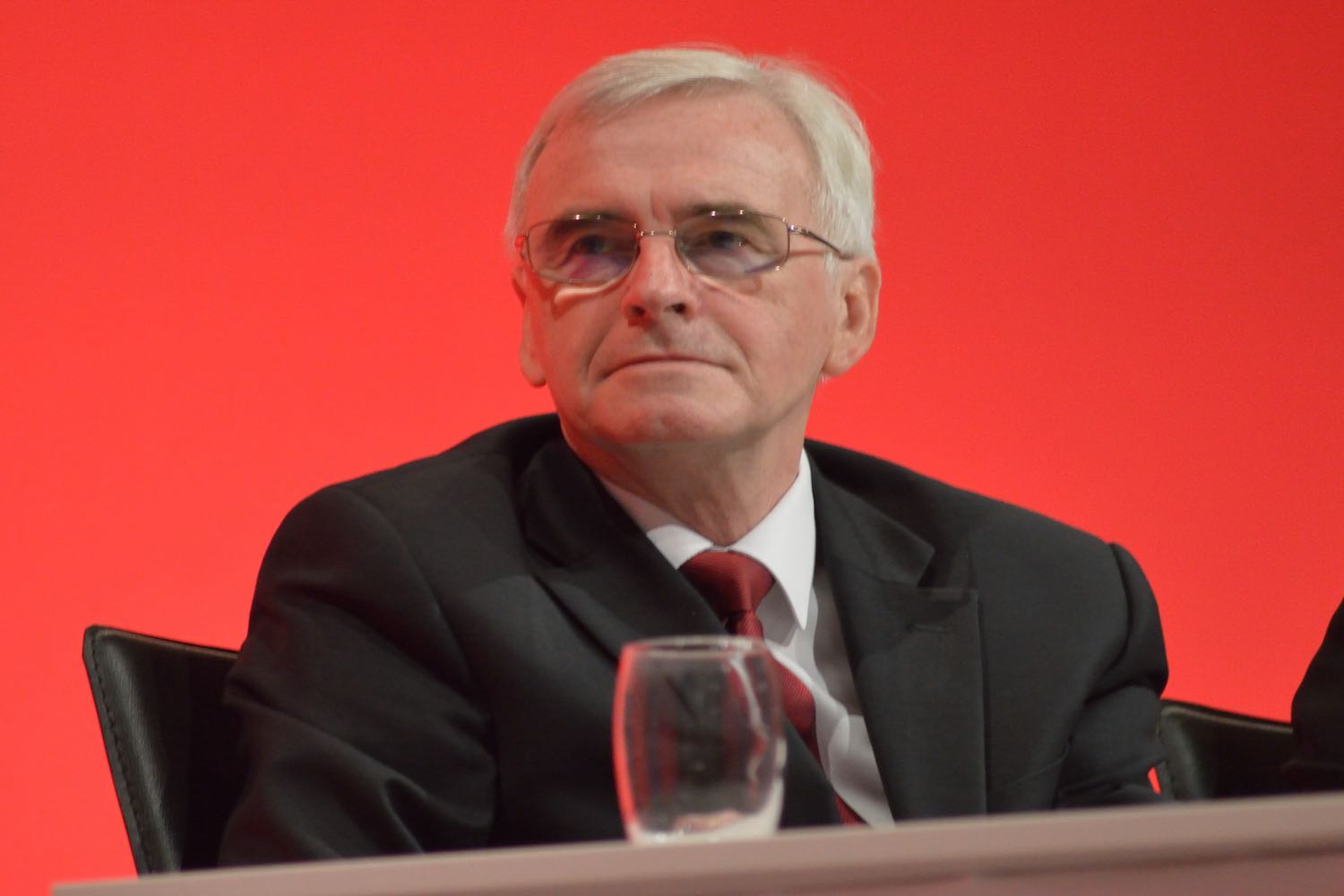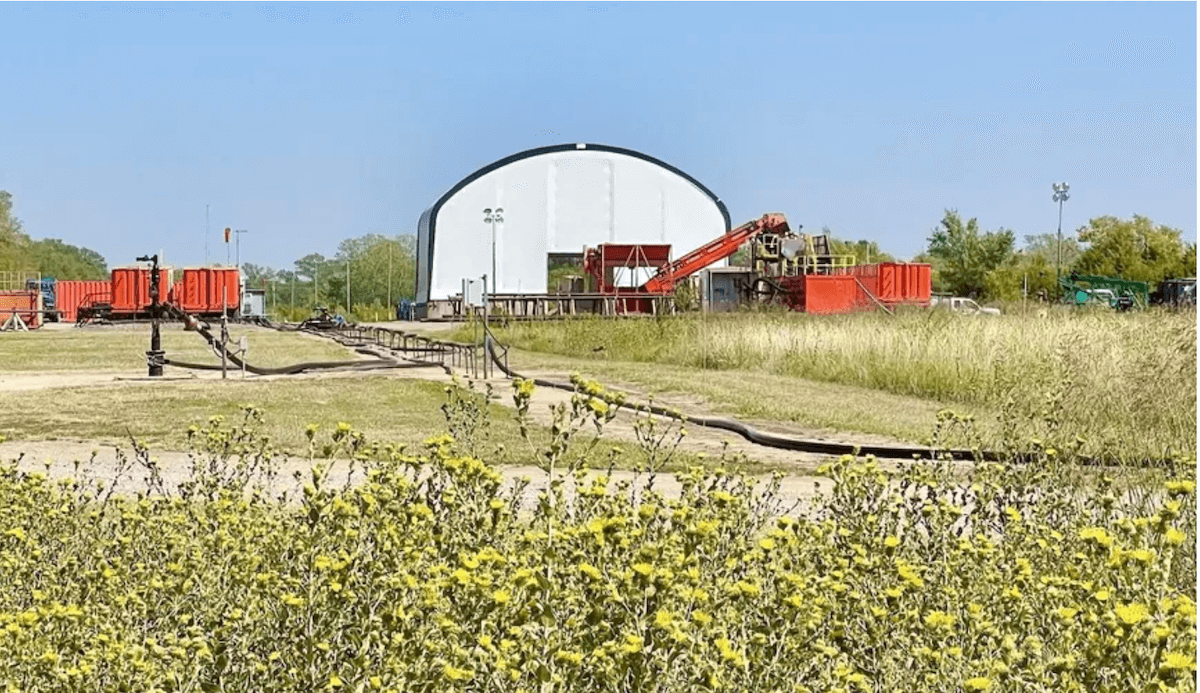ImpactAlpha, Nov. 21 – Companies that are not adequately addressing the “existential crisis” of climate change could be delisted from the London Stock Exchange if the Labour Party wins the U.K.’s general election next month. Shadow chancellor John McDonnell declared this week that Labour, which advocates for a “stakeholder economy,” would amend the corporate code to create climate standards for listing on the exchange.
“If we are to to meet climate change targets that keep global warming 1.5 degrees above pre-industrial levels, we need to ensure companies are also working alongside government,” said McDonnell.
Social stock markets
The U.K. is already home to the Social Stock Exchange, a directory of companies listed on the LSE that meet certain social and environmental standards. It’s one of a growing number of social stock exchanges around the globe, including Singapore’s Impact Investment Exchange (IIX) and Canada’s Social Venture Exchange (SVX). In the past few months, Jamaica, Scotland, and, most recently, India, have also launched or proposed for social exchanges. In the U.S., the Long Term Stock Exchange, created by “Lean Startup” author Eric Reis, gained S.E.C. approval in May. The exchange, which is not yet live, builds in incentives for long-term value creation over short-term profits.
Government role
Alternative stock markets are likely to remain a niche, which is why Labour’s idea is so intriguing. “If they could pull it off it could potentially have big effects both there and with other markets that connect,” said John Katovich, a former general counsel for the Boston and Pacific Stock Exchanges and now president of Cutting Edge Counsel. “Until governments step in to mandate these material issues and the lapses of responsibility toward our climate, companies will likely continue to be more attentive to the shareholders who would prefer to increase their profits now, and maybe address climate change later.”











